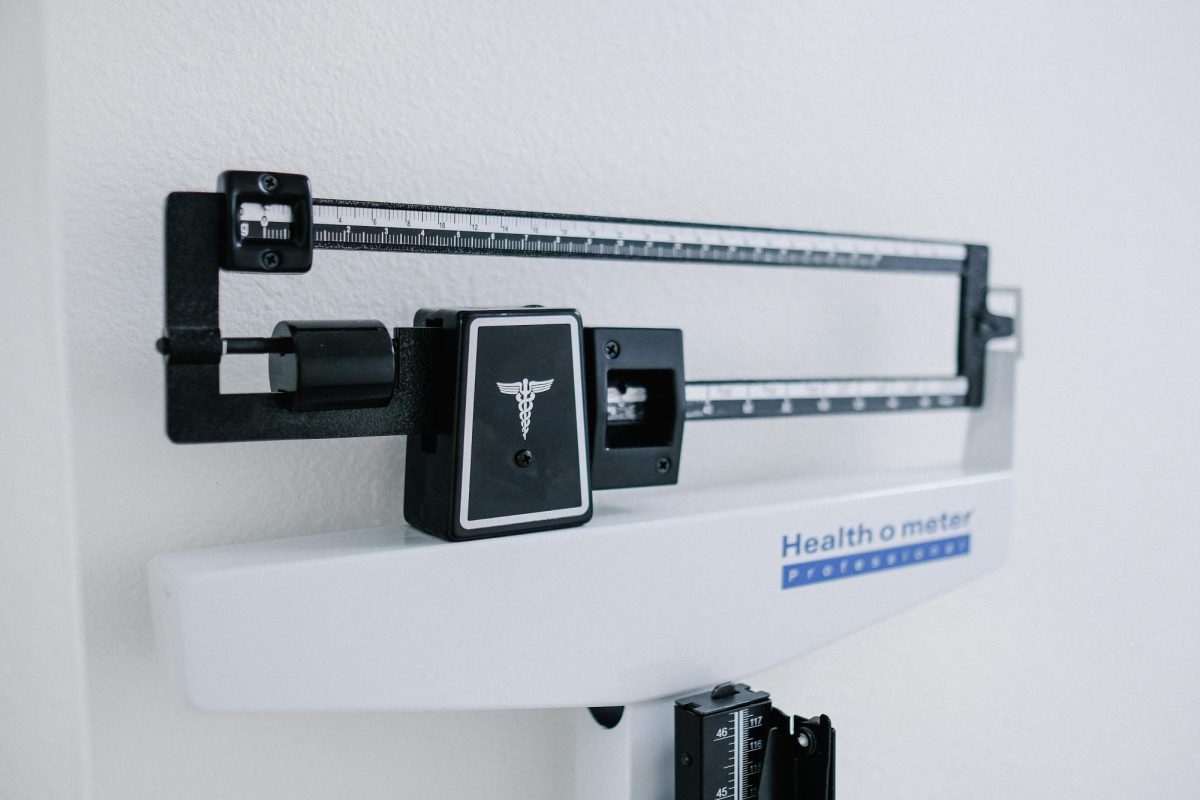By Johnathan Resendez/south news editor
College students can take CLEP examinations for certain classes, which can save hundreds of dollars and countless hours for some.
The College-Level Examination Program is a series of tests offered by The College Board. It gives students the opportunity to receive credit hours for subjects they already know without investing the time and money required by an entire semester of classes, said Kathy McCann, NE Campus counseling instructional aide and campus CLEP administrator.
TCC accepts 20 CLEP exams ranging from business law and macroeconomics to chemistry and Spanish. TCC students can earn a total of 18 hours toward their associate degrees through CLEP.
A CLEP exam consists of a 90-minute test administered via computer. The history, English and government versions all require essays in addition to the test.
The test costs $70 plus a $15 registration fee although the price of the test can and does change, McCann said.
“The tests change every year, and the price tends to go up,” she said.
McCann said students should register for the test one to two weeks before they are ready to take it. However, they should not do so until they have prepared adequately. The worst thing a student can do is spend money to take the test and go in unprepared, she said.
“If you have to reschedule in order to be successful, that’s fine,” she said.
Students who do not pass a CLEP test must wait six months before retaking it.
The College Board offers an official study guide that contains materials for all of the exams for $24.95. Students can download study materials for a particular exam for $10 at www.collegeboard.com/clep. However, students who want to save money and still come out successful can visit the testing center for free sample CLEPs and study guides.
The sample tests do not require registration and are administered on a walk-in basis. Students who take the sample test are also given the study guide for their subject after taking the sample test. McCann also encourages students to visit the library, discount bookstores and the various labs and tutoring centers available on TCC campuses to do well on the test.
McCann said students who take the sample test and get half of the questions right generally know the concept while students who get more than three-fourths of the concept usually will pass the actual CLEP exam. Students who take the sample test, receive a study guide and prepare adequately have a success rate of 90 percent, she said.
Once a student has taken and passed a CLEP exam for a subject, TCC charges $25 per course to post the hours to a student’s transcript. CLEP hours show up on a transcript as “CR hours,” meaning the student passed but no grade is recorded. They do not affect a student’s GPA nor can they replace a failed class.
With the current economy, CLEP might be a good avenue for students who want to save time and especially money on registration and books, McCann said.
Shawn Taylor, South Campus CLEP administrator, said the test can work for students about to transfer to a university or who just started their college careers.
“Everybody should take it, especially students who want to get their elective credits out of the way or who are trying to graduate,” he said.
Taylor said not enough students know about the CLEP exam. He said the Spanish test is the one taken most frequently on South Campus.
McCann encouraged students to get the word out about CLEP. She held an open house in the fall to help TCC get in touch with feeder schools and to answer questions students have by opening up a line of communication between TCC and The College Board, which sponsored the event.
To register to take a CLEP exam, students should contact their campus testing centers. McCann is available to answer questions about CLEP at 817-515-6428.

























